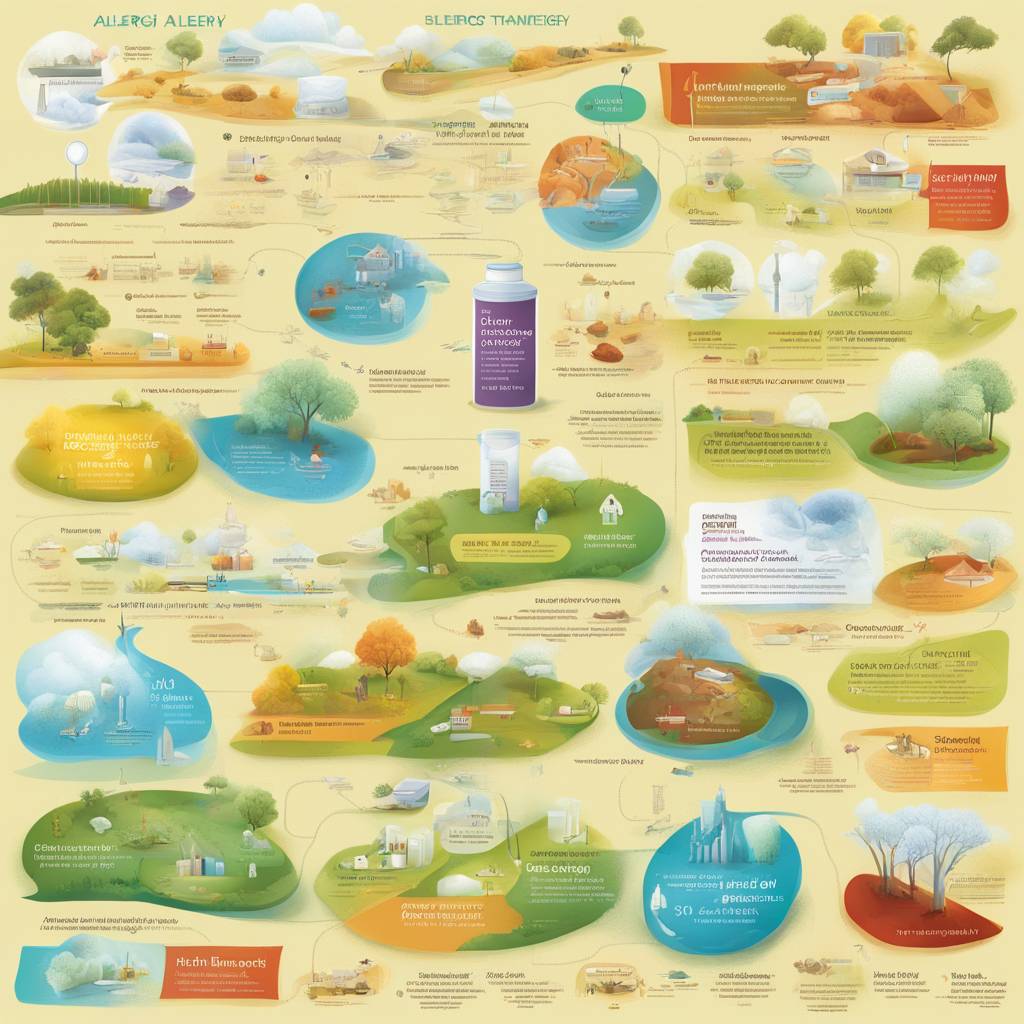Seasonal allergies are a common issue affecting up to 60 million people in the US each year. Symptoms of allergic rhinitis, also known as seasonal allergies or hay fever, can include sneezing, runny nose, and congestion due to the body’s overreaction to allergens like pollen. Pollen from trees, grasses, and weeds is a common trigger for seasonal allergies, causing inflammation in the nose, eyes, and other areas. Itching, red, or watery eyes are also common symptoms experienced by those with seasonal allergies.
Common symptoms of seasonal allergies include frequent sneezing, watery or itchy eyes, runny nose, congestion in the nose, ears, or chest, postnasal drip, itchy throat, and puffy eyelids. Less common symptoms such as wheezing, coughing, sudden lack of exercise endurance, and mild headaches may also indicate seasonal allergies. However, it is important to note that some symptoms, such as fatigue, body aches, weakness, severe headache, and sore throat, can be indicative of a cold, flu, or even COVID-19.
Seasonal allergy symptoms typically occur around the same time each year and can be triggered by different plants depending on the season. Tree pollen is a common allergen in the spring, while grasses are a concern in the summer, and weeds like ragweed in the fall. Indoor allergens like dust mites, mold, or pet dander may trigger symptoms during the winter months. To treat seasonal allergies, over-the-counter medications like antihistamines or nasal steroid sprays may be recommended. Allergy shots may also be prescribed for severe cases.
To prevent allergic reactions, it is important to avoid triggers such as keeping windows shut when allergies are active, using an air purifier for indoor allergens, wearing a dust mask during yard work, and checking pollen forecasts. Regularly showering and washing hair can help remove pollen that may be attached to clothes, hair, and skin. By taking these precautions and seeking appropriate medical treatment, individuals with seasonal allergies can manage their symptoms and enjoy the changing seasons with less discomfort.


